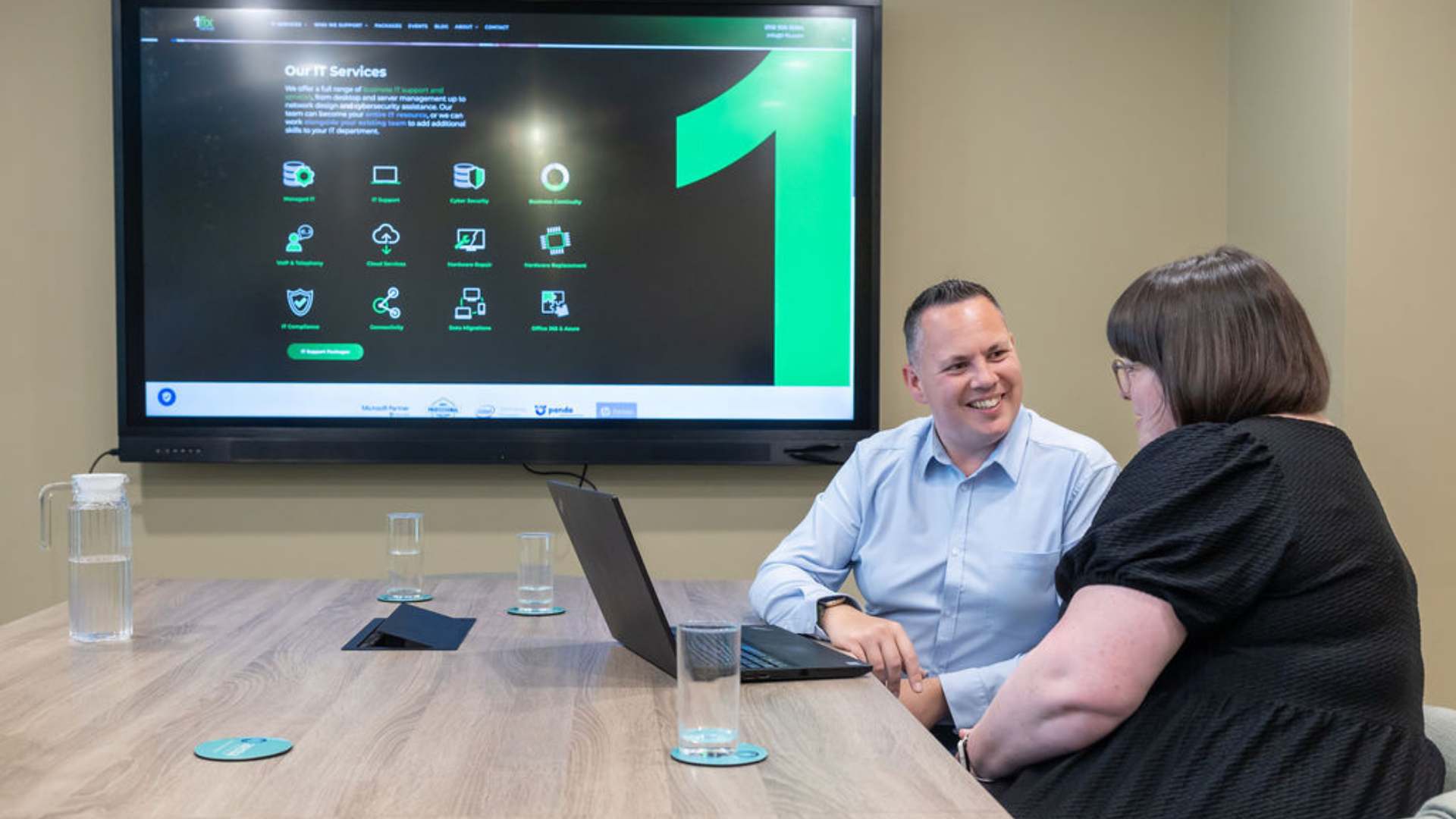Human Error Threatens Cloud Security
Leo Daniels • August 14, 2020
This is a subtitle for your new post
Virtually all security professionals believe that human error could put the security of cloud data at risk, according to new research published today.
A survey commissioned by Tripwire
and carried out last month by Dimensional Research
found that 93% of security professionals were concerned that human error could result in the accidental exposure of their cloud data.
Despite their concern over human error, 22% of those surveyed said that they assess their cloud security posture manually.
The survey evaluated the opinions of 310 security professionals on the implementation of cloud security best practices.
According to the research, a number of organizations experience difficulties in monitoring and securing their cloud environments. A majority of security professionals (76%) state they have difficulty maintaining security configurations in the cloud, and 37% said their risk management capabilities in the cloud are worse compared with other parts of their environment.
Other findings were that security professionals tend not to keep tabs on their real-time cloud security situation. Only 21% of organizations were found to assess their overall cloud security posture in real-time or near real-time.
While 21% said they conduct weekly cloud security evaluations, 58% said they wait until a month or more has gone by.
Maintaining security was a challenge for most organizations, with only 22% saying that they are able to maintain continuous cloud security compliance over time.
“Security teams are dealing with much more complex environments, and it can be extremely difficult to stay on top of the growing cloud footprint without having the right strategy and resources in place,” said Tim Erlin, vice president of product management and strategy at Tripwire.
“Fortunately, there are well-established frameworks, such as CIS benchmarks, which provide prioritized recommendations for securing the cloud. However, the ongoing work of maintaining proper security controls often goes undone or puts too much strain on resources, leading to human error.”
The amount of automation employed varied across cloud security best practices. While 51% use automated alerts with context for suspicious behavior, only 45% automatically assess new cloud assets as they are added to the environment.
We’re 1-fix, we can help you secure your business
At 1-fix, we take a realistic approach to technology – ensuring our client’s systems are best protected.
If you have any concerns, questions or simply want to explore how to better secure your business, please do get in touch with the team for a FREE demonstration, consultation to explore how exposed your business might be and identify actions to take.
Join Our Mailing List
All sign-ups are handled inline with our privacy policy and can unsubscribe at any time.






















